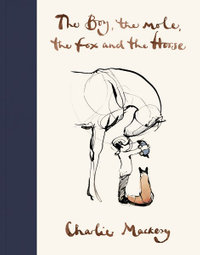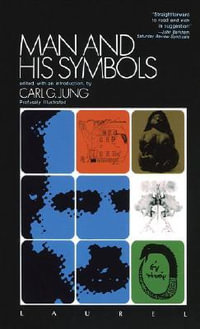From Pulitzer Prize finalist Linda Hogan, Solar Storms tells the moving, “luminous” (Publishers Weekly) story of Angela Jenson, a troubled Native American girl coming of age in the foster system in Oklahoma, who decides to reunite with her family.
At seventeen, Angela returns to the place where she was raised—a stunning island town that lies at the border of Canada and Minnesota—where she finds that an eager developer is planning a hydroelectric dam that will leave sacred land flooded and abandoned. Joining up with three other concerned residents, Angela fights the project, reconnecting with her ancestral roots as she does so.
Harrowing, lyrical, and boldly incisive, Solar Storms is a powerful examination of the clashes between cultures and traumatic repercussions that have shaped American history.
Industry Reviews
A meandering and didactic family saga by Chickasaw poet, novelist, and essayist Hogan (Dwellings, p. 835; Mean Spirit, 1990), a tale that attempts - a la Little Big Man - to rewrite the history of the American West from a Native American perspective. At 17, Angela Jensen decides that it's time to untangle her family, a process she begins by going home - to a remote village in western Canada called Adam's Rib, a place she no longer even recognizes. Angela looks up Agnes Iron, her great-grandmother, whom she's never met, and is soon introduced to Bush, who looked after Angela's deranged mother, Hannah, and raised Angela herself after Hannah's early death. At first, it is information about her mother - stories, accounts, explanations - that most interests Angela, but eventually she understands that the history of her family is woven tightly into the history of her family's tribe and the bloody strife that has colored their lives ever since the white men came among them: "For us, hell was cleared forests and killed animals. But for them, hell was this world in all its plenitude." The troubles have been carried down to the present day, except that now the threat is comprised not of missionaries and European settlers but of government authorities who want to develop the land out of existence through the construction of a mammoth hydroelectric power plant. As her consciousness is raised, Angela begins to recognize her real identity but desires, and the anger that she labors under throughout - and that finds expression mainly in the crudest caricatures of Western culture and North American history imaginable - is relieved by the happy fulfillment of her romantic (rather than political) life: a fairy-tale marriage that seems in this terrain to be even more out-of-place than the dam would have been. Tediously obvious and overwritten; Hogan's characters are so excruciatingly limited to the representation of their cultures that they become little more than allegories, reducing the tale to agitprop. (Kirkus Reviews)
























